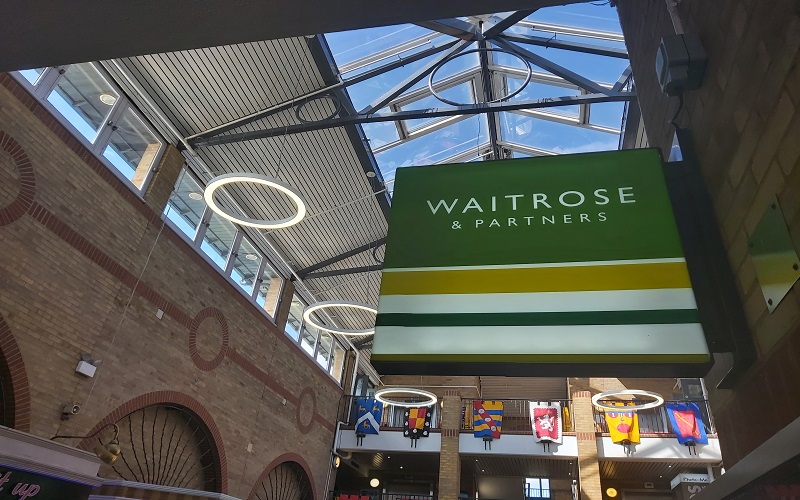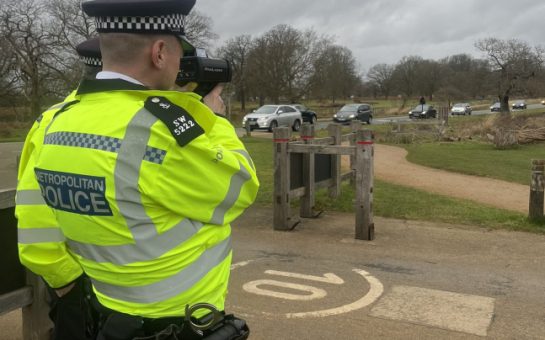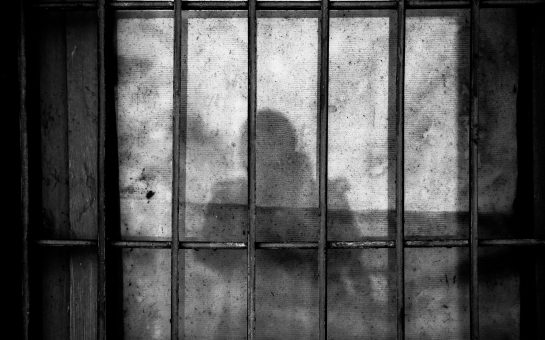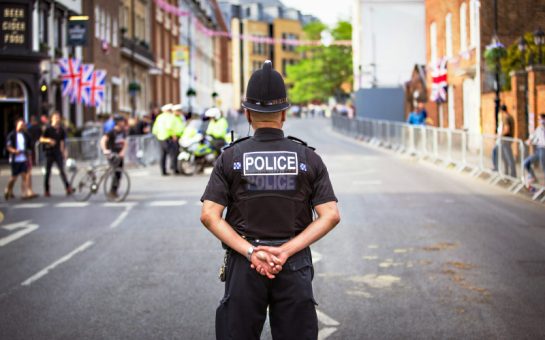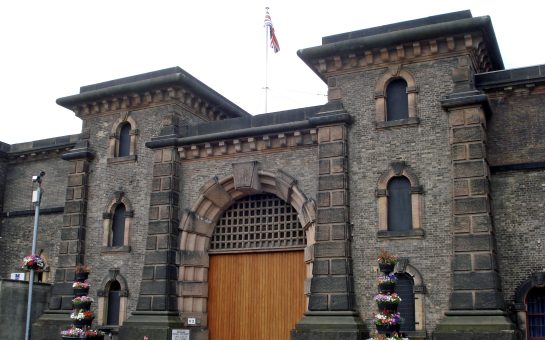Free hot drinks are now available to police officers and police community support officers at all John Lewis and Waitrose stores.
It may sound altruistic, but this is part of an initiative to make potential shoplifters think twice about stealing.
John Lewis Partnership, which owns both brands, hope the free hot drinks will increase visible police presence in their branches, dissuading would-be thieves.
Nicki Juniper, head of security for Waitrose, said: “Shoplifting isn’t a victimless crime. It costs the sector more than £1 billion a year, driving up prices for genuine customers. Likewise, some shoplifters are aggressive or threatening to retail staff, which is unacceptable.
“We’ve a zero-tolerance policy to crime, so we’re rolling out extra measures to tackle it and keep our people safe.”
The British Retail Consortium (BRC) found retail theft rose 26% last year.
Retailers spent £715 million on crime prevention in 2020-21, but the BRC 2023 crime survey found many retailers feel prevention does not work without prosecution.
The BRC told South West Londoner it wants a better police response to incidents.
A spokesperson said: “We believe that their lack of response is a contributing factor to the issue becoming so rife, as there is the belief that there will be little consequence for actions.”
The perception of the police response reflects the low level of prosecutions of key issues concerning retailers.
The BRC survey cites a seven percent prosecution rate of crimes of violence and abuse against retail workers as a leading concern.
Both John Lewis and Waitrose staff reported an increase in aggression from shoppers since the pandemic ended.
Violence and abuse of retail workers has almost doubled from pre-pandemic levels, the BRC survey found.
Incidents, including physical assault, racial and sexual abuse, and threats with weapons, have increased from more than 450 per day in 2019-20 to more than 850 incidents per day in 2021-22.
Last summer 100 CEOs wrote to 41 Police and Crime Commissioners across the country asking them to adequately resource retail crime. Both Waitrose and John Lewis were signatories.
The retailers’ attempt to increase police presence by providing freebies makes it clear how concerned it is about the high rates of retail crime, though it says it is too early to give figures of the amount of police using the scheme.
John Lewis Partnership say it and other retailers are seeing organised shoplifters who are stealing as a career or to sell on items, rather than people stealing for need.
The most common items stolen from Waitrose and John Lewis were alcohol, electrical appliances, branded fashion, and beauty products.
The partnership have introduced other initiatives to try to deter theft.
These range from the conventional – increasing the number of security teams, de-escalation training, body-worn CCTV – to the more unusual.
Waitrose and John Lewis also announced they are training their partners (staff) to ‘love bomb’ customers to try and deter potential shoplifters.
‘Love bombing’, a term more typically associated with cults or abusive relationships than retail, in this context means staff being extra attentive in the hope this will make thieves think twice.
Juniper said of the scheme: “We’ve found a very Waitrose way to tackle shoplifting.
“It’s a win-win: our customers get a great shopping experience, with partners visibly on hand to help, while the would-be shoplifters are deterred.
“We’ve also got a number of covert projects underway.”
Despite the many schemes John Lewis and Waitrose are implementing, the retailer is constrained by reliance on police response.
If the prosecution rate of retail crimes remains low, the incidents will persist.
Photo by Sophia Massam
